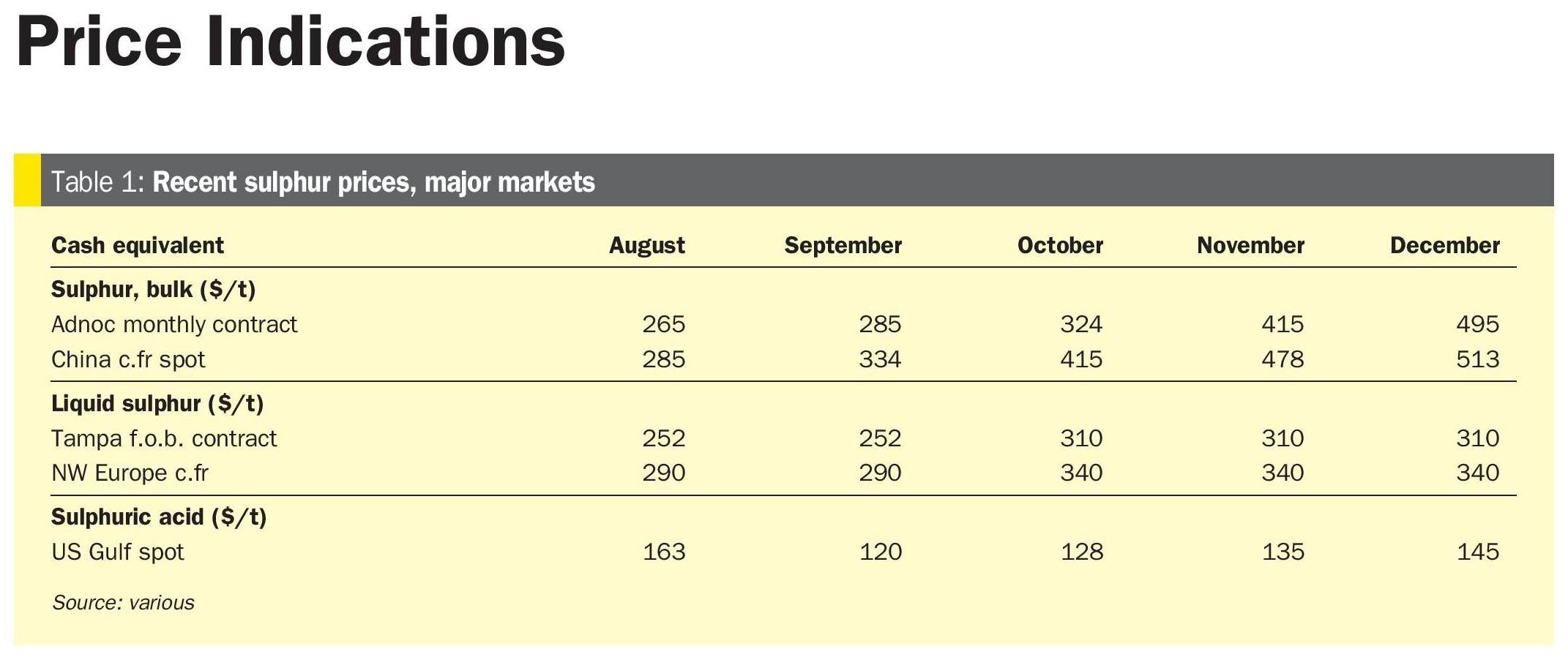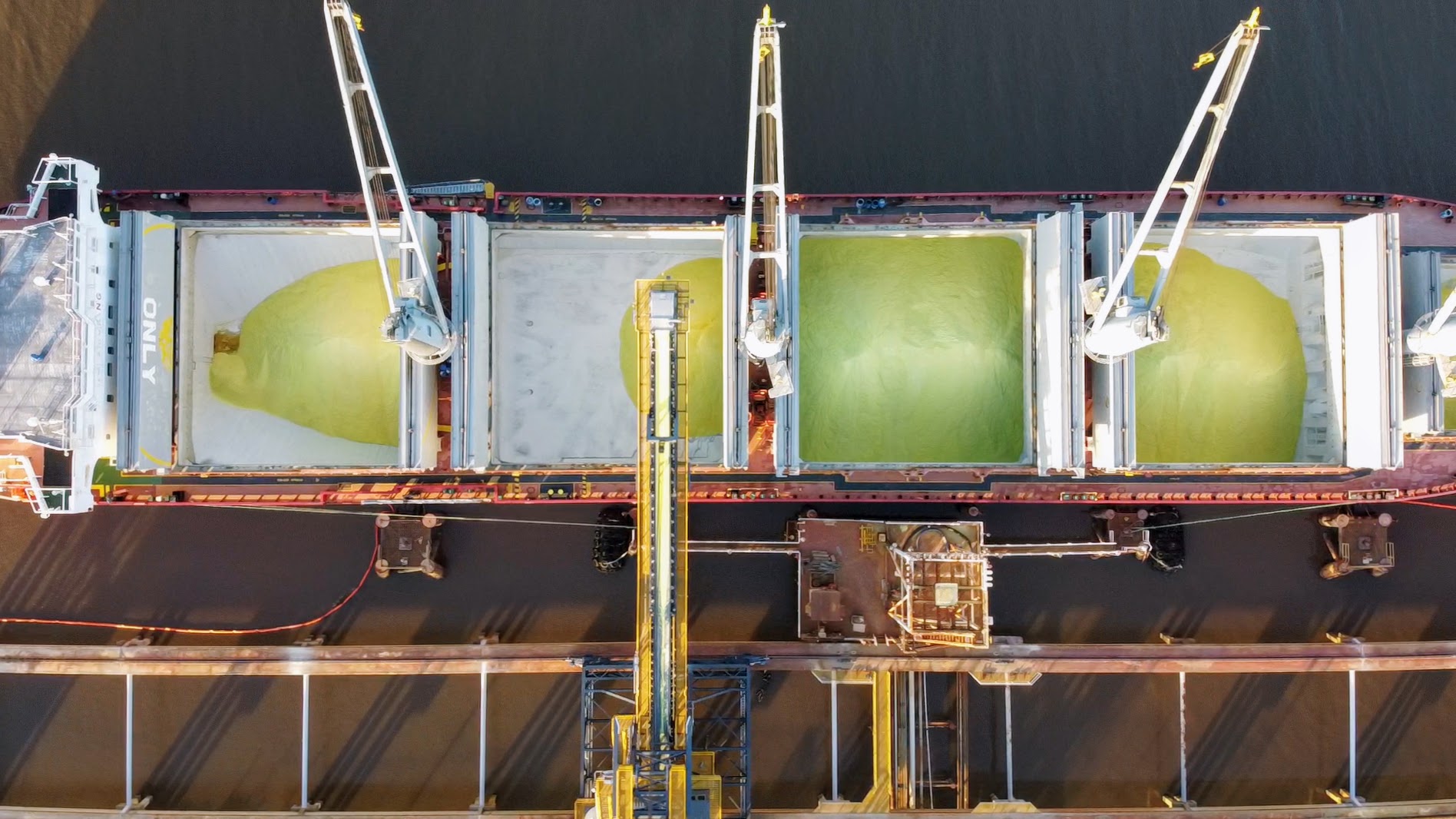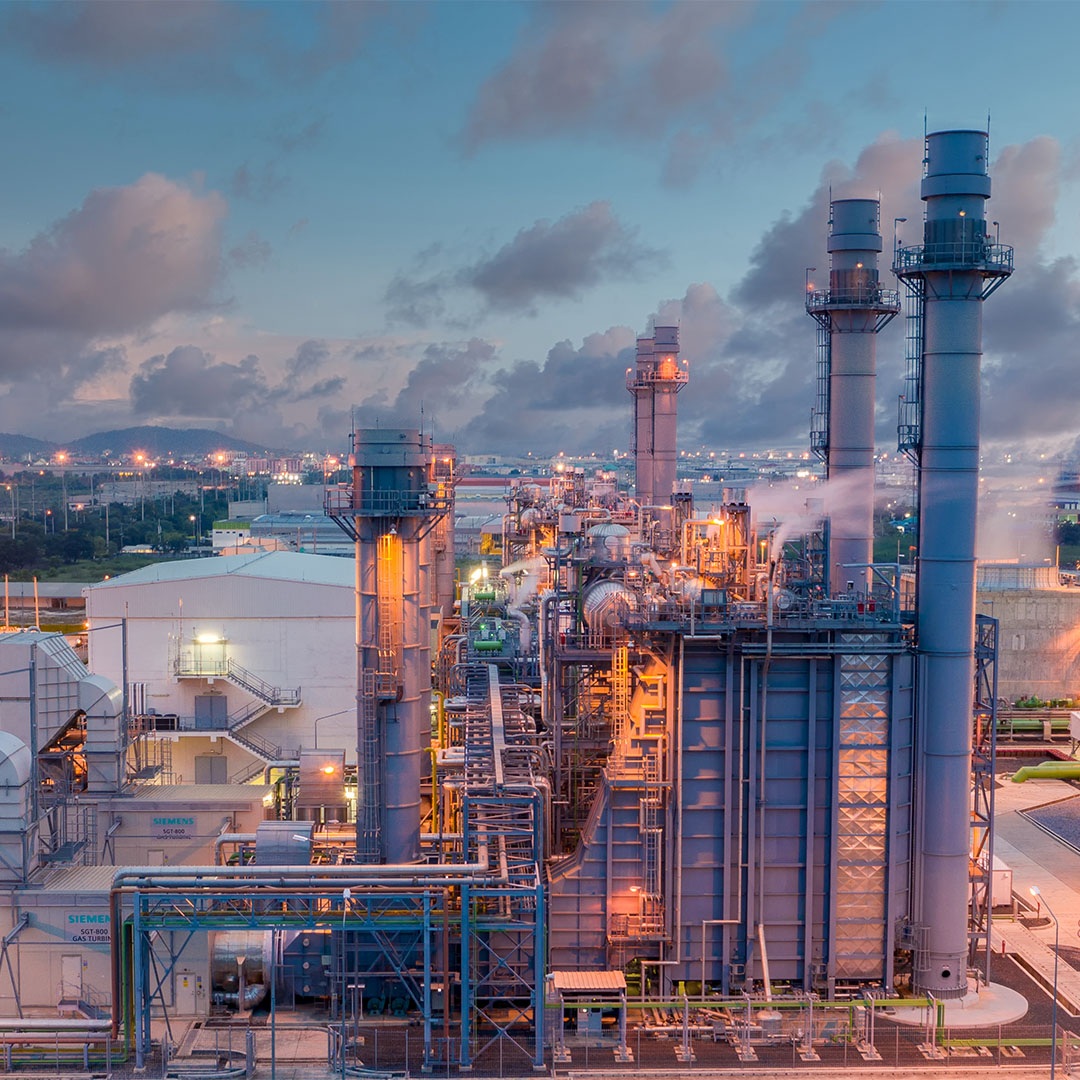Sulphur 399 Mar-Apr 2022

31 March 2022
A shake of the kaleidoscope

“Russia’s move has already changed the world in ways which will not be easily changed back…”
It was supposedly Lenin who said that there were “weeks when decades happen”, and the past few weeks have felt very much like that. The outbreak of conflict in Ukraine has sent shockwaves across the world and may have changed it permanently.
As terrible as the pictures coming from the conflict zone are, and the plight of millions of refugees, displaced both internally and externally, for most of us, in the short to medium term the way that this war will affect us is economically. As we discuss in the article elsewhere in this issue, the wide-ranging and indeed unprecedented sanctions that have been imposed on Russia will severely disrupt commodities markets, in most of which Russia is a significant net exporter. Sulphur is one of course, but so are related markets like phosphates, ammonia, nickel, copper, wheat and of course oil and gas. While none of these goods fall directly under international sanctions, and there has already been a push by South American nations, led by Brazil, to exempt fertilizers from any restrictions to avoid undermining food security, the ejection of Russia from the SWIFT inter-bank payment system makes actually paying for Russian commodities much more difficult, and a throttling back of exports more likely.
And of course, all of this comes at a time when there had already been a supply crunch in several markets simultaneously, with European gas prices at record levels and ammonia and phosphate markets tight. While some Russian product will find a home -China, India and Brazil are not part of the sanctions regime and will no doubt keep buying – we are still in the early stages of a supply shock that will be every bit as damaging as the covid pandemic. Nor has covid gone away – China has begun locking down cities again as the omicron variant spreads rapidly. A year or so ago I suggested that, with the demand shock caused by covid-19, we might have already seen peak global oil production. Demand destruction caused by the current oil supply shock makes that all the more likely.
At time of writing there were some hopeful signs that negotiations between the Russians and Ukrainians were making a limited form of progress. However, even if there is a settlement of some kind – and there will have to be eventually – Russia’s move has already changed the world in ways which will not be easily changed back. The exodus of western companies from Russia that began with BP and Shell but which has now expanded to include virtually all oil and gas majors is unlikely to be reversed, especially if the Russian government proceeds with its threats to expropriate the assets of companies which leave. This will have a long term effect on the oil and gas exploitation that currently accounts for 60% of Russia’s GDP.
In a way this marks the end of a process which had already been in train for some time. In the years after the fall of the Soviet Union, there was a shifting of geopolitical tectonic plates that had frozen the world as it was in 1945 for more than four decades. With that came the hope, at least in western countries that there would be a major shift towards liberalisation, leading the countries of eastern Europe and Russia to westernise, globalise and democratise. Russia itself was seen as a major destination for oil and gas investment, to modernise its creaking infrastructure and develop its huge energy reserves. But while this has largely come to pass for eastern Europe, Russia slid instead into crony capitalism and a suspicious, hardening nationalism that has now manifested as military adventurism. This feels for those of us who remember it very much like a return to the days of the Cold War.
In October 2001, in the aftermath of 9/11, British prime minster Tony Blair said that; “the kaleidoscope has been shaken, the pieces are in flux, soon they will settle again.” This year feels like one of those pivotal moments in world history, but possibly one that marks an end to the globalised world that we have come to take for granted.






